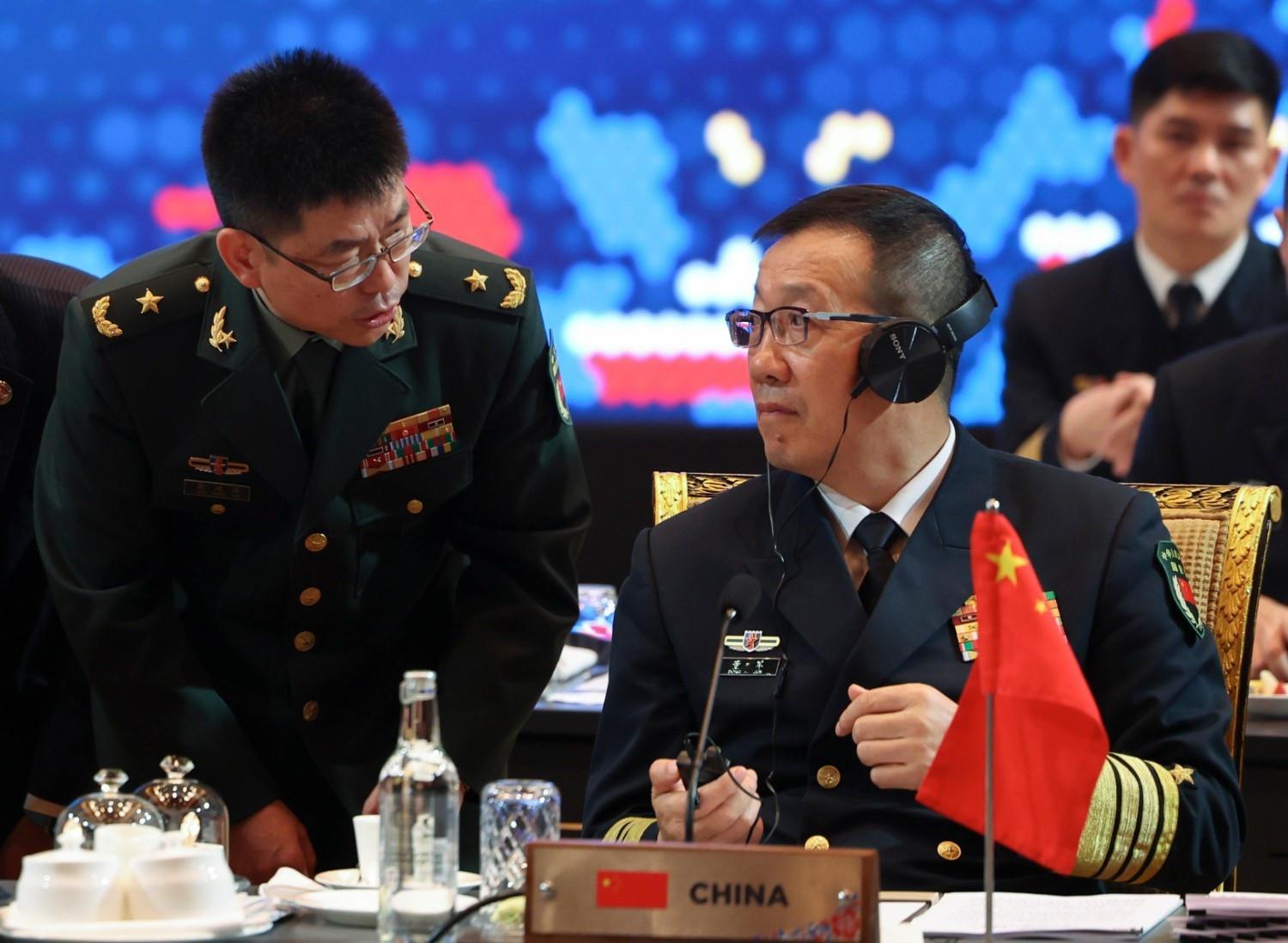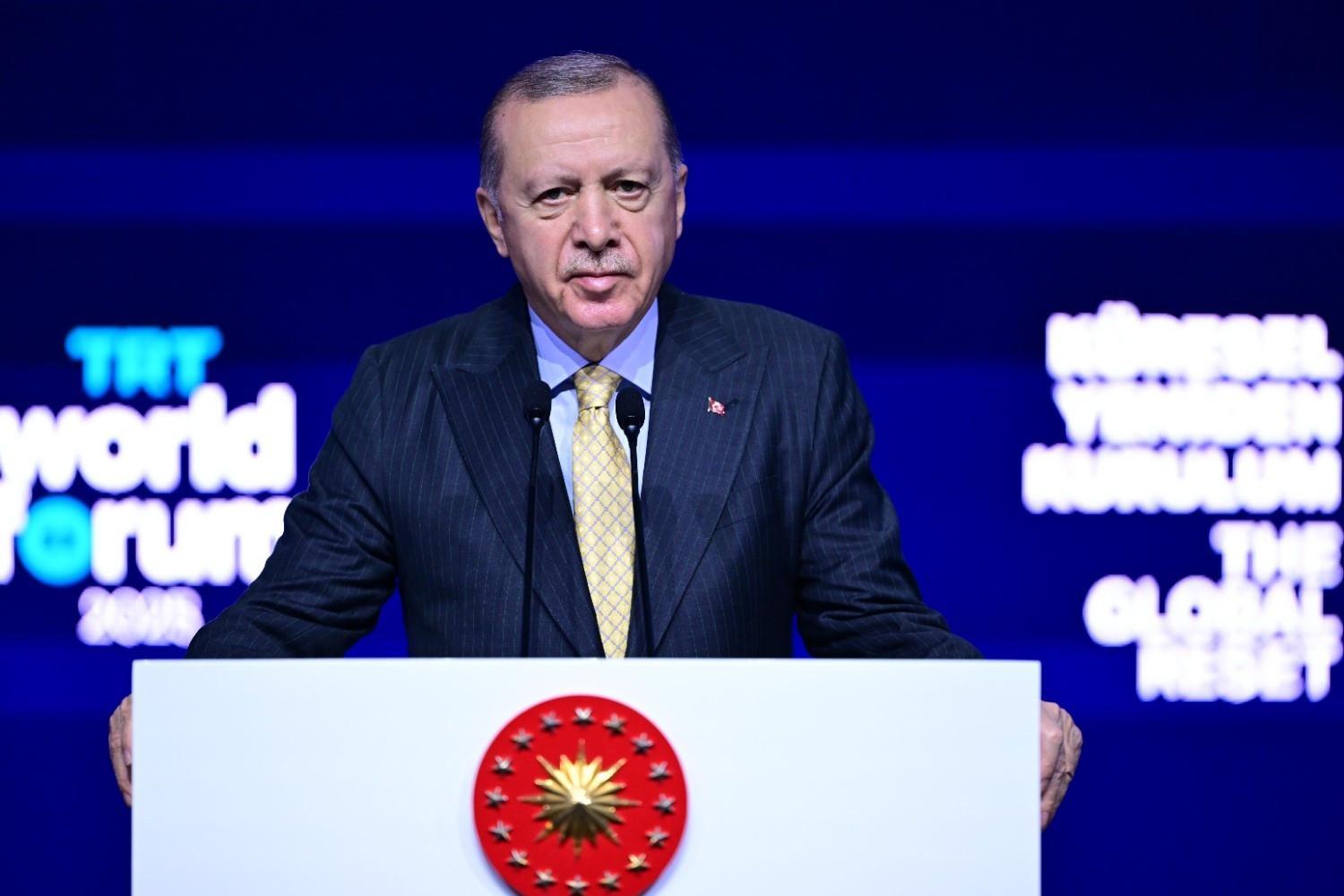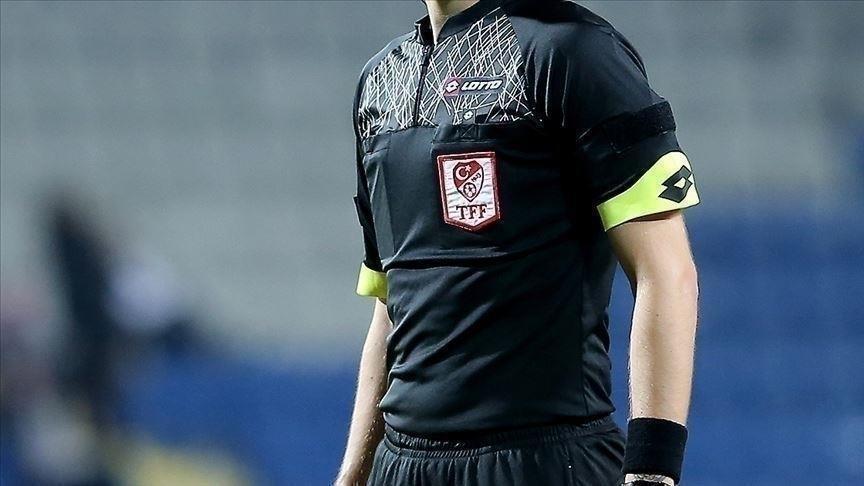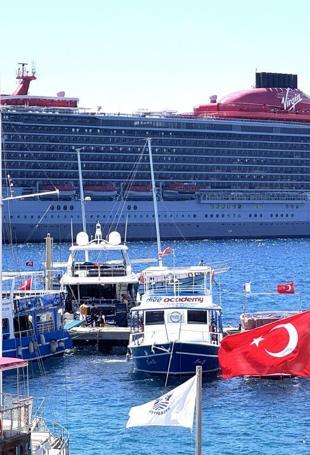China seeks 'trust' with US, but cautions over Taiwan
KUALA LUMPUR

China and the United States should build "trust" in order to co-exist, Beijing's defense minister said on Oct. 31, but cautioned Washington about its "words and deeds" on Taiwan.
Dong Jun met U.S. counterpart Pete Hegseth on the sidelines of a Southeast Asian regional defense summit in Malaysia a day after Presidents Xi Jinping and Donald Trump met in South Korea.
Trump and Xi did not discuss Taiwan on Oct. 30, the U.S. leader said, but Dong told Hegseth the "unification of the two sides of the Taiwan Strait is an irresistible historical trend," according to a Chinese Defense Ministry readout.
"The U.S. side should be cautious in its words and deeds on the Taiwan issue and take a clear-cut stance firmly opposing 'Taiwan independence,’" Dong said.
China claims self-governing Taiwan as its territory. Under longstanding policy, the United States recognizes only Beijing but provides weapons for the island's self-defense.
The Chinese readout also said Dong told Hegseth that their respective defense departments "should take concrete actions to implement the consensus reached by the heads of state."
He said they should also "strengthen policy-level dialogue to enhance trust and dispel uncertainty" and build a bilateral military relationship "characterized by equality, respect, peaceful coexistence and stable positive momentum."
Hegseth described the meeting in the Malaysian capital as "good and constructive."
"I highlighted the importance of maintaining a balance of power in the Indo-Pacific and emphasized U.S. concerns about China's activities in the South China Sea, around Taiwan, and towards U.S. allies and partners in the Indo-Pacific," Hegseth said in a post on social media platform X, using a US term for the Asia-Pacific region.
Hegseth warned this year that China was "credibly preparing" to use military force to upend the balance of power in Asia, remarks that drew a sharp rebuke from Beijing.
"The threat China poses is real and it could be imminent," Hegseth said at the Shangri-La Dialogue in Singapore in late May that was attended by defense officials from around the world.
China claims almost all of the South China Sea, despite overlapping claims with its neighbors.
The U.S. Navy has regularly sent ships to conduct "freedom of navigation" transits in the region, angering Beijing.
Hegseth toned his comments down on Oct. 31, saying that while the "United States does not seek conflict, it will continue to stoutly defend its interests and ensure it has the capabilities in the region to do so."
Hegseth also met several other top officials at the ASEAN Defense Ministers' Meeting, a gathering of ministers from the 11-member bloc, including India's Rajnath Singh.
He and Singh signed a 10-year deal that will see deeper cooperation between the two nations. India will also buy U.S. military equipment including patrol planes, missiles and combat vehicles.















